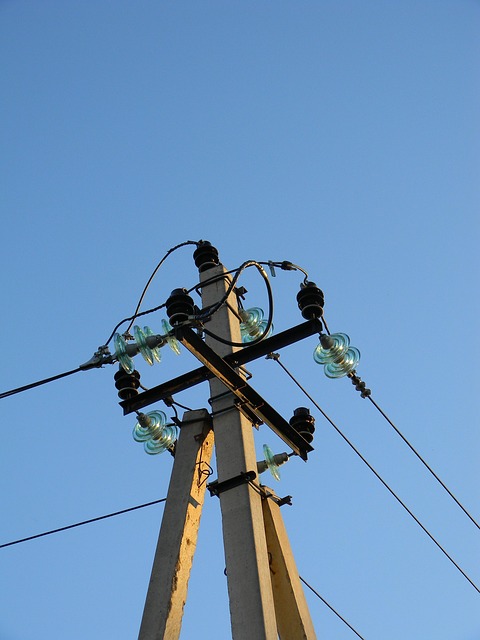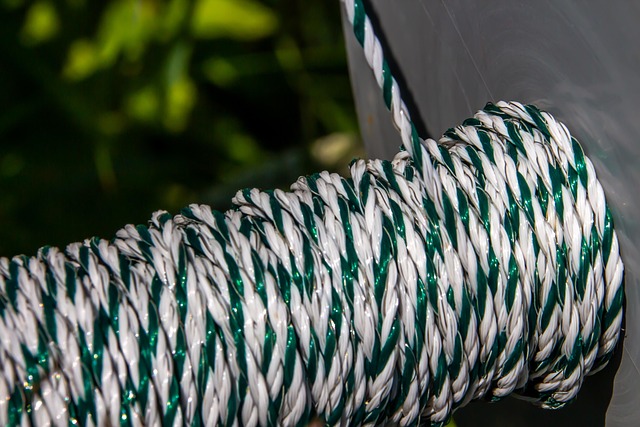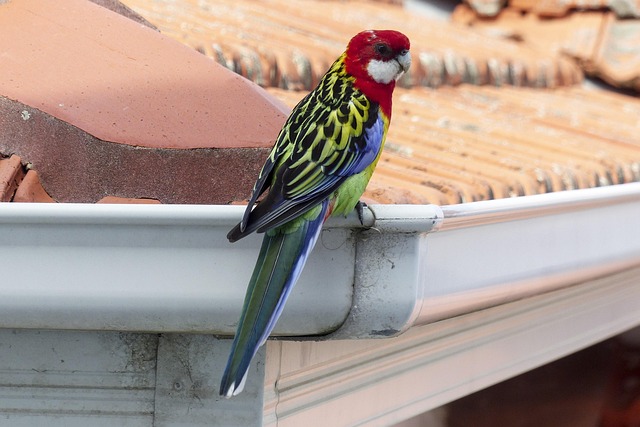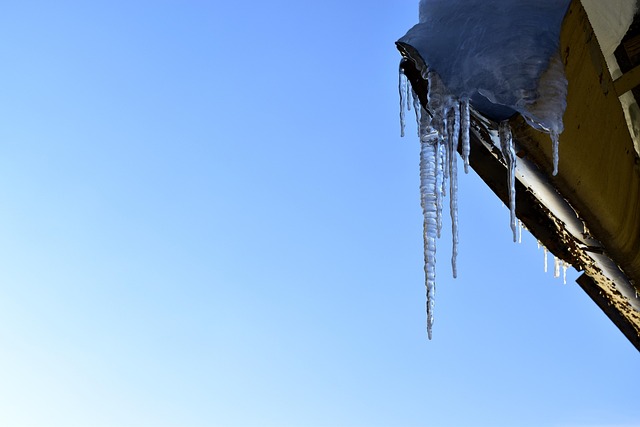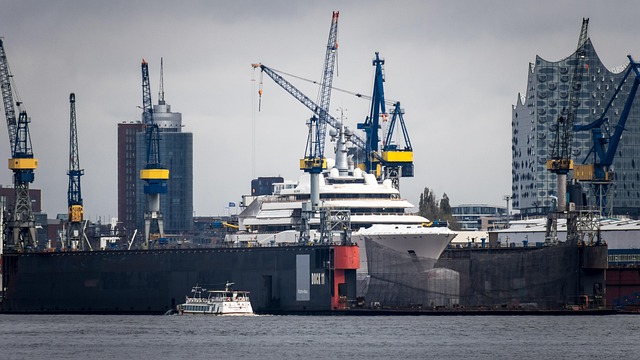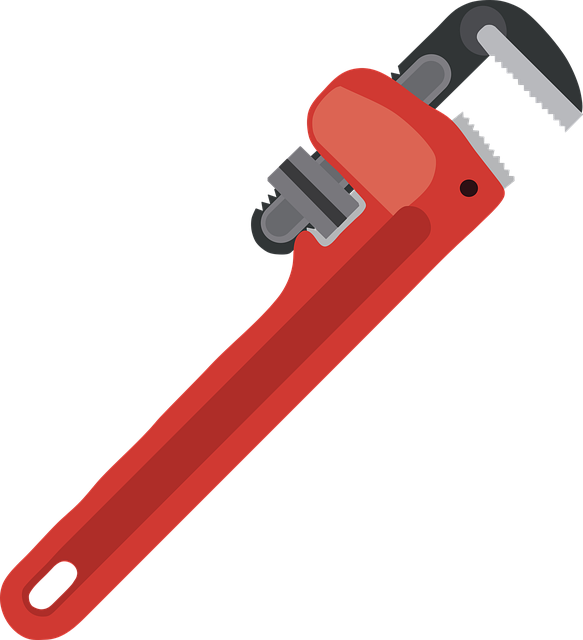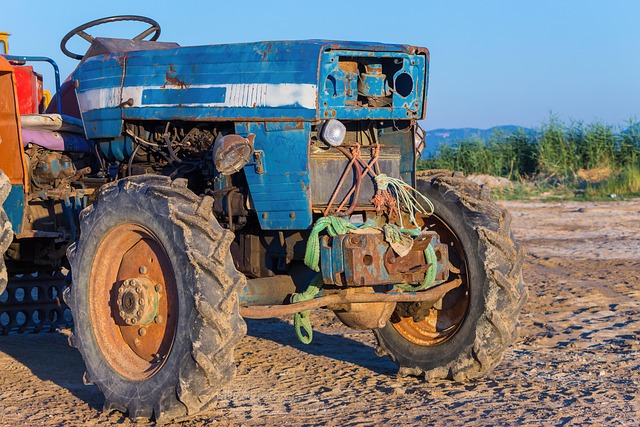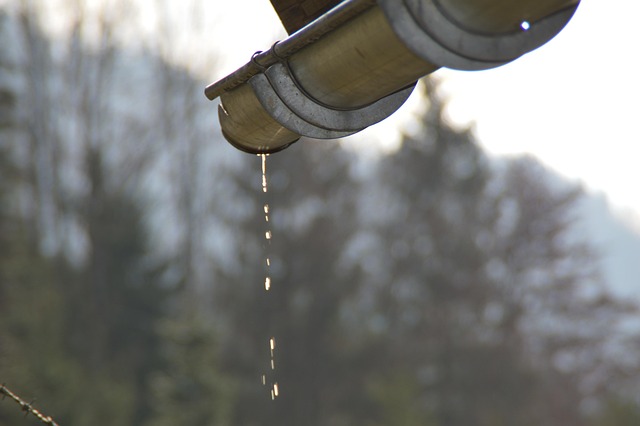Category: Seasonal Plumbing Maintenance Tips for Eugene Homeowners
Seasonal Plumbing Maintenance Tips for Eugene Homeowners: A Comprehensive Guide
Introduction
In the ever-changing climate of home maintenance, seasonal plumbing precautions stand as a cornerstone for homeowners in Eugene, Oregon, and beyond. As temperatures fluctuate and natural cycles ebb and flow, so do the demands on your plumbing system. This article delves into the intricacies of seasonal plumbing maintenance, offering a wealth of knowledge to empower Eugene residents to keep their homes safe, comfortable, and efficient year-round. By understanding the significance of this practice, its global impact, economic implications, technological innovations, regulatory landscape, challenges, and future prospects, homeowners can navigate the complexities of plumbing maintenance with confidence. Get ready to transform your approach to plumbing care!
Understanding Seasonal Plumbing Maintenance Tips for Eugene Homeowners
Definition: Seasonal plumbing maintenance refers to a set of proactive measures taken by homeowners and professionals to ensure the optimal functioning, efficiency, and longevity of plumbing systems during different seasons. These tips are tailored to address climate-specific issues, such as freezing temperatures, changing humidity levels, and varying water pressure, which can impact pipes, fixtures, and appliances.
Core Components:
-
Winterization: Protecting pipes from freezing is a top priority. This involves insulating exposed pipes, shutting off and draining water supplies to prevent damage from frozen water expansion, and using heat tape or electric heaters in severe cases.
-
Spring Cleaning and Inspection: As the weather warms, it’s crucial to flush out and clean plumbing systems. This includes clearing sediment from water heaters, checking for leaks, and inspecting pipes for signs of corrosion or damage.
-
Summer Maintenance: During hot months, focus on preventing clogs by properly disposing of grease and food waste. Regularly maintain outdoor spigots and hose connections to avoid freezing damages in the upcoming winter.
-
Fall Preparations: Prepare for colder weather by checking and repairing any leaks, insulating pipes, and ensuring proper drainage systems to prevent water damage from heavy rainfall.
Historical Context: Seasonal plumbing maintenance has evolved over time, influenced by regional climates and technological advancements. In areas with harsh winters, such as Eugene’s, proactive measures have long been essential to avoid burst pipes and costly repairs. As global climate patterns change, these tips adapt to new challenges, ensuring homeowners stay ahead of potential plumbing disasters.
Significance: Implementing seasonal plumbing maintenance tips is vital for several reasons:
- Avoiding Damages: Proactive care prevents frozen pipes, leaks, and clogs, saving homeowners from costly repairs and replacements.
- Energy Efficiency: Well-maintained plumbing systems operate more efficiently, reducing energy consumption and utility bills.
- Extended Lifespan: Regular maintenance extends the life of plumbing fixtures and appliances, delaying the need for major replacements.
- Peace of Mind: Knowing your plumbing system is in top shape provides peace of mind, especially during extreme weather events.
Global Impact and Trends
The concept of seasonal plumbing maintenance transcends borders, yet regional variations exist due to diverse climates and cultural practices. Here’s a global perspective:
| Region | Challenges | Common Practices |
|---|---|---|
| Northern Europe (Scandinavia) | Harsh winters with frequent freezing | Comprehensive winterization programs, including pipe insulation and heat trace systems |
| Mediterranean (Southern Europe) | Hot, dry summers and mild winters | Emphasis on plumbing inspection and cleaning, use of water softeners |
| North America (Eugene, Oregon) | Variabile weather with cold winters and hot, dry summers | Wide adoption of winterization techniques, seasonal flushing, and drain cleaning |
| Asia-Pacific (Japan) | Monsoons and humid summers, freezing in higher altitudes | Specialized maintenance for outdoor plumbing, water heating systems, and pipe insulation |
Global trends indicate a growing awareness of sustainable and eco-friendly plumbing practices. Homeowners worldwide are adopting energy-efficient technologies, such as smart thermostats and low-flow fixtures, to reduce their environmental footprint. Additionally, the integration of technology in plumbing maintenance, like remote monitoring and predictive analytics, is gaining traction, promising more efficient and proactive care.
Economic Considerations
Seasonal plumbing maintenance plays a significant role in the economic well-being of both homeowners and the broader economy.
Market Dynamics:
- Service Industry Growth: The demand for seasonal plumbing services creates job opportunities and contributes to local economies.
- Product Sales: Manufacturers and retailers see increased sales of insulation materials, heat tape, water heaters, and other maintenance-related products.
Investment Patterns: Homeowners investing in seasonal plumbing maintenance often experience long-term cost savings due to reduced repair bills and extended appliance lifespans. This encourages a culture of proactive spending, ensuring plumbing systems remain reliable.
Economic Impact Analysis: A study by the Oregon Department of Energy revealed that efficient plumbing practices can lead to substantial energy savings for homeowners. By adopting water-efficient fixtures and proper maintenance, residents in Eugene could potentially reduce their energy costs by up to 20%. This collective impact contributes to a more sustainable and economically viable community.
Technological Advancements
Technology is revolutionizing the field of plumbing maintenance, offering innovative solutions and enhanced efficiency.
Smart Home Integration: Smart plumbing systems now allow homeowners to monitor water usage, detect leaks in real-time, and remotely control appliances. These systems can send alerts when issues arise, enabling prompt action. For example, a smart thermostat can adjust water heater settings based on occupancy and weather conditions, optimizing energy use.
Remote Monitoring: Advanced monitoring devices can track pressure, temperature, and flow rates in plumbing systems. This data helps professionals identify potential problems before they turn into emergencies. Remote monitoring is especially valuable for commercial properties and remote locations where regular inspections are challenging.
Predictive Analytics: Utilizing machine learning algorithms, predictive analytics can forecast equipment failures and water leakage events. By analyzing historical data, these models help homeowners and maintenance teams schedule preventive measures, reducing the risk of costly surprises.
Eco-Friendly Innovations: Eco-conscious technologies like solar-powered water heaters and smart irrigation systems are gaining popularity. These innovations not only reduce environmental impact but also offer long-term economic benefits to homeowners.
Policy and Regulation
Government policies and regulations significantly influence the plumbing industry, ensuring safety, sustainability, and consumer protection.
Building Codes: Local building codes dictate minimum standards for plumbing installations, including materials, insulation requirements, and drainage systems. These codes ensure safe and efficient plumbing practices.
Energy Efficiency Standards: Oregon’s Energy Efficiency Building Code sets benchmarks for water-efficient fixtures and appliances. Homeowners are encouraged to invest in energy-saving plumbing solutions, contributing to a more sustainable future.
Lead Reduction Programs: Due to the harmful effects of lead on human health, strict regulations have been implemented to minimize its use in plumbing materials. Lead-free pipes and fittings are now industry standards, ensuring safer water supplies for Eugene residents.
Water Conservation Initiatives: The Oregon Department of Environmental Quality (DEQ) promotes water conservation programs, encouraging homeowners and businesses to adopt efficient practices. This includes incentivizing the installation of low-flow fixtures and greywater recycling systems.
Challenges and Criticisms
Despite its numerous benefits, seasonal plumbing maintenance faces certain challenges and criticisms:
| Challenge | Solutions/Strategies |
|---|---|
| Lack of Awareness: Some homeowners underestimate the importance of regular maintenance, leading to deferred care. | Public awareness campaigns, educational workshops, and incentives for proactive maintenance can encourage better habits. |
| Cost Concerns: Seasonal plumbing services can be perceived as an added expense. | Offering maintenance plans, promoting DIY techniques for minor tasks, and highlighting long-term savings can address budget constraints. |
| Accessibility Issues: Reaching remote or poorly insulated pipes during winterization can be difficult. | Utilizing advanced tools and technologies, such as thermal imaging cameras and flexible inspection rods, aids in accessing hard-to-reach areas. |
| Rapid Technological Change: Keeping up with the latest advancements may overwhelm some homeowners. | Clear, accessible resources explaining new technologies and their benefits will help homeowners make informed decisions. |
Case Studies: Real-World Success Stories
Let’s explore a few case studies that highlight the successful implementation of seasonal plumbing maintenance tips in Eugene and surrounding areas.
Case Study 1: Green Valley Condominium Association
A large condominium complex in south Eugene faced recurring issues with frozen pipes during harsh winters, leading to significant water damage. They implemented a comprehensive winterization program, including:
- Insulating common area pipes and individual units.
- Installing heat trace systems on exposed pipes.
- Providing educational workshops for residents on preventive measures.
As a result, they experienced a 50% reduction in pipe freeze incidents over three years, saving substantial repair costs and enhancing resident satisfaction.
Case Study 2: Riverfront Residences
A riverfront development in downtown Eugene encountered periodic flooding due to heavy rainfall during the spring melt. The developers collaborated with civil engineers to design an efficient drainage system:
- Implementing a sophisticated storm water management plan.
- Installing permeable pavers and bioswales to reduce surface runoff.
- Upgrading plumbing systems to handle higher water volumes.
These measures successfully mitigated flooding, ensuring residents’ peace of mind and property protection.
Case Study 3: Sustainable Subdivision
A new housing development in a nearby city prioritized sustainability and energy efficiency. They incorporated the following features:
- Solar-powered water heaters and smart thermostats in every home.
- Low-flow fixtures and greywater recycling systems.
- Comprehensive plumbing maintenance programs, including seasonal inspections.
These initiatives resulted in significant water and energy savings for residents, setting a new standard for sustainable living in the region.
Future Prospects: Trends to Watch
As we look ahead, several emerging trends and growth areas shape the future of seasonal plumbing maintenance:
-
Smart Home Integration: The convergence of plumbing and smart home technologies will continue to evolve, offering homeowners seamless control and monitoring capabilities.
-
Sustainable Solutions: Eco-friendly innovations like biodegradable pipe insulation and renewable energy-powered plumbing systems are expected to gain traction.
-
Predictive Analytics Dominance: Advanced analytics will play a pivotal role in forecasting maintenance needs, minimizing surprises, and optimizing service delivery.
-
Remote Maintenance Services: Tele-plumbing and remote monitoring technologies will enable professionals to diagnose and address issues from afar, increasing accessibility.
-
Water Conservation Initiatives: With water scarcity concerns on the rise, efficient plumbing practices and water recycling systems will become even more prevalent.
Conclusion: A Proactive Approach for a Comfortable Home
Seasonal plumbing maintenance is not just an option; it’s an essential practice for Eugene homeowners seeking comfort, energy efficiency, and long-term cost savings. By embracing technological advancements, adhering to regulatory standards, and learning from successful case studies, residents can navigate the challenges of varying seasons while ensuring their homes remain in top condition.
This comprehensive guide has provided valuable insights into the world of seasonal plumbing maintenance, empowering homeowners to take proactive steps toward a well-maintained and resilient home environment. Remember, staying informed and prepared is the key to avoiding costly plumbing disasters.
FAQ Section: Answering Your Questions
Q: How often should I flush my water heater?
A: It’s recommended to flush your water heater at least once a year to remove sediment buildup, ensuring optimal performance and extending its lifespan.
Q: Can I do seasonal plumbing maintenance myself?
A: Many basic tasks, such as insulating pipes and checking for leaks, can be done by homeowners. However, complex issues like pipe repairs, re-piping, or installing advanced systems are best left to licensed professionals.
Q: Are there tax incentives for energy-efficient plumbing upgrades?
A: Yes, various federal and local programs offer tax credits and rebates for installing energy-efficient appliances and water-saving fixtures. Check with your local government or a qualified plumber for specific details.
Q: How can I prevent my pipes from freezing during severe winters?
A: Insulate exposed pipes, maintain proper heating in your home, use heat tape on vulnerable areas, and consider installing a drain-back water heater to protect against freezing.
Q: What are the signs I need professional plumbing maintenance?
A: Look out for frequent clogs, low water pressure, unusual noises in pipes, or visible water damage. If you notice any of these issues, it’s best to consult a professional for a thorough inspection.
